Advisory
Board
Evaluation Structure
In order to reflect the diversity of perspectives in Asia, Nikkei has established the Advisory Board for the NIKKEI ASIA AWARD. The group consists of ten experts from Asian countries, including Japan. Nikkei appoints experts from nations and regions with shared values such as democracy, liberalism and market economy.
The Advisory Board submits the evaluations and opinions of the prospective candidates, selected by the Nikkei Selection Committee. Based on opinions and advice from the Board, the Nikkei Selection Committee chooses the award winner at the selection meeting, and obtains the approval of the Board.
Chairman
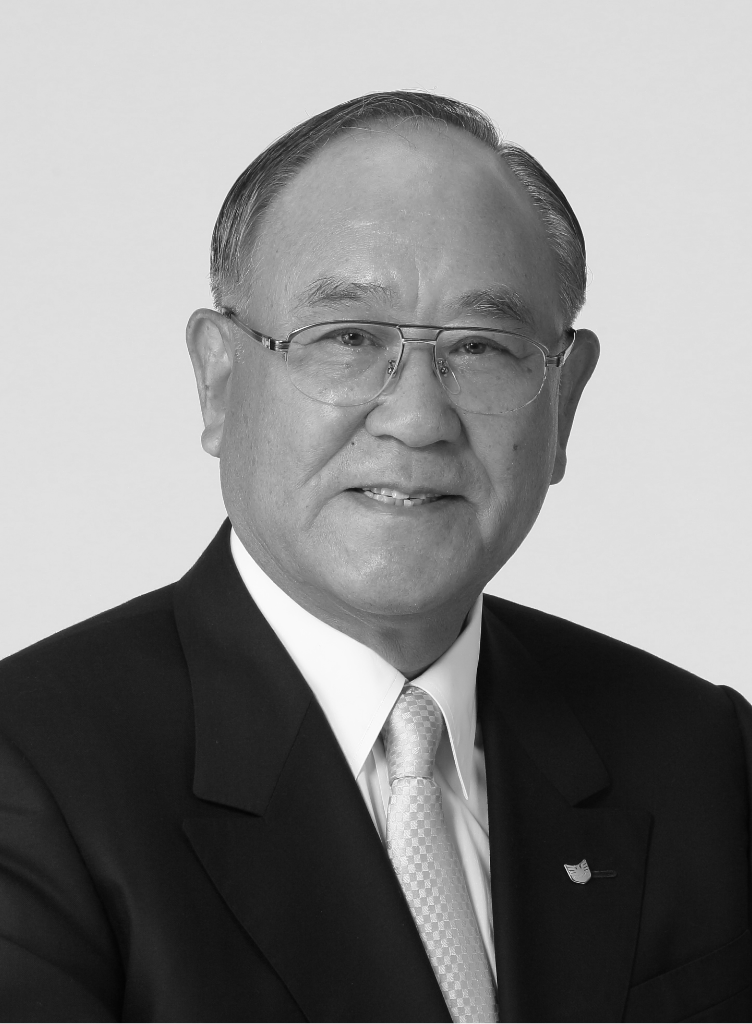
Mr. Fujio Mitarai is currently the Chairman & CEO of Canon Inc. Since 2014, he has served as Honorary President of The Tokyo Organising Committee of the Olympic and Paralympic Games, and has served as the Honorary chairman of Nippon Keidanren since 2010.
He joined Canon Camera Co., Inc. in 1961, and held the position of President of Canon U.S.A. In 1989, he returned to Canon Inc. in Japan and was assigned to the position of Director of Corporate Administration. In 1995, he became the President and Representative Director of Canon Inc. From 2006, he held the positions of Chairman, President & CEO. From 2006 to 2010, he served as Chairman of Nippon Keidanren. He has served in his current position since 2020. He studied law at Chuo University.
and Advisory Board Members
-

Brahma Chellaney
Professor Emeritus, Strategic Studies at the Center for Policy Research in New Delhi
-
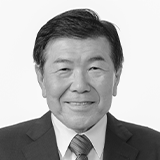
Masami Iijima
Counselor, Mitsui & Co., Ltd.
-
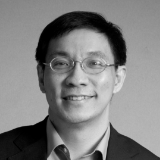
Somkiat Tangkitvanich
President, Thailand Development Research Institute (TDRI)
-
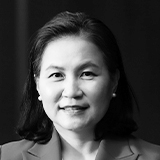
Yoo Myung-hee
Former Trade Minister of the Republic of Korea
-
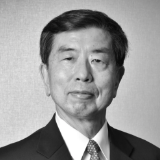
Takehiko Nakao
Former President of the Asian Development Bank (ADB)
-
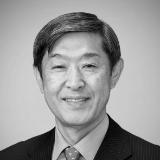
Shinichi Kitaoka
Special Advisor to the President (former President), Japan International Cooperation Agency
-
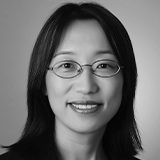
Jun Yang
Dean, College of Business (Nanyang Business School)
Nanyang Technological University -
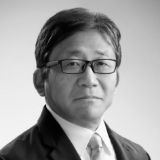
Tetsuo Kitani
Professor/Chair of IMS Lab, Office of Society-Academy Collaboration for Innovation, Kyoto University
-
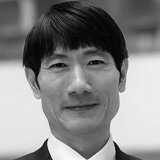
Nobuo Haruna
President, Tokyo University of Foreign Studies
-

John Piggott
Director, ARC Centre of Excellence in Population Ageing Research (CEPAR), University of New South Wales
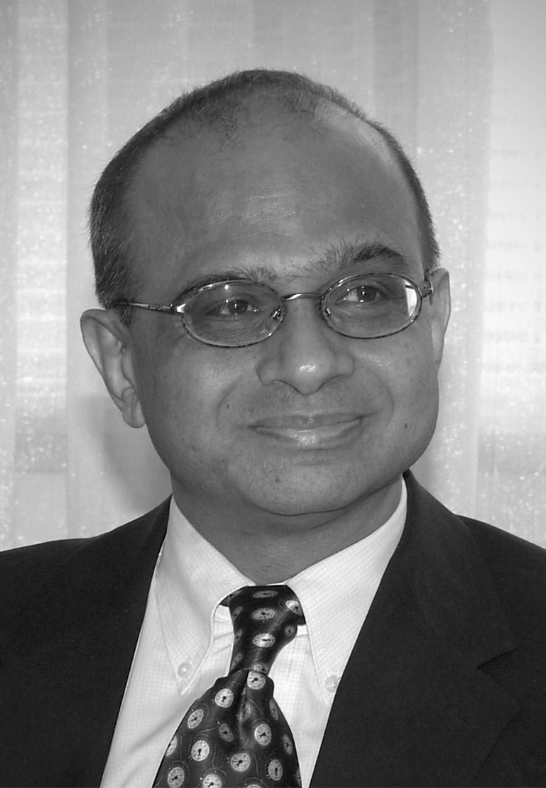
Brahma Chellaney is a geostrategist, scholar, author and commentator. He brings a rigorous and interdisciplinary lens to global strategic issues, including natural-resource geopolitics. He has served as a member of the Policy Advisory Group headed by the foreign minister of India. Before that, he was an adviser to India’s National Security Council, serving as convener of the External Security Group of the National Security Advisory Board.
As a specialist on international strategic issues, he has held appointments at Harvard University, the Brookings Institution, the Paul H. Nitze School of Advanced International Studies at Johns Hopkins University, and the Australian National University. He has also been a fellow at the Nobel Institute in Oslo and at The Transatlantic Academy in Washington, DC. His opinion articles also appear in important newspapers in the U.S., Europe and Asia. He is the author of nine books, including an international bestseller, Asian Juggernaut: The Rise of China, India, and Japan (Harper Paperbacks, New York, 2010).
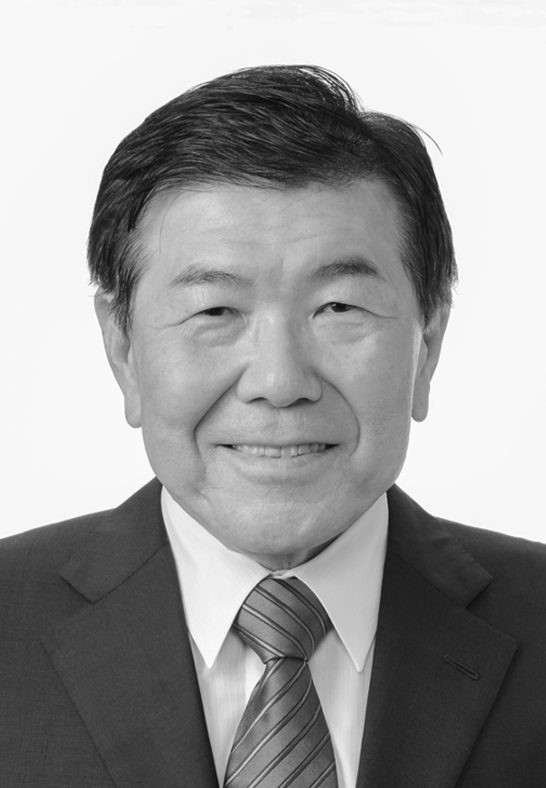
Masami Iijima joined Mitsui & Co., Ltd. in 1974, initially working as a credit controller in the Osaka Office. Early in his career he spent time in London and Johannesburg under the company’s overseas trainee program. His subsequent roles were mainly in the promotion of mineral and metal business, including a six-year assignment in London, until his appointment as General Manager of the Metals & Energy Administrative Division in 2005 to oversee the company’s operations in the metal and energy industries around the world.
He was promoted to President & CEO in April 2009, quickly gaining recognition within the company for his championing of Mitsui’s long-held spirit of “Challenge & Innovation” as a means of creating businesses that has genuine value for societies around the world. He strongly believes that “it’s people matter the most” to achieve sustainable business success.
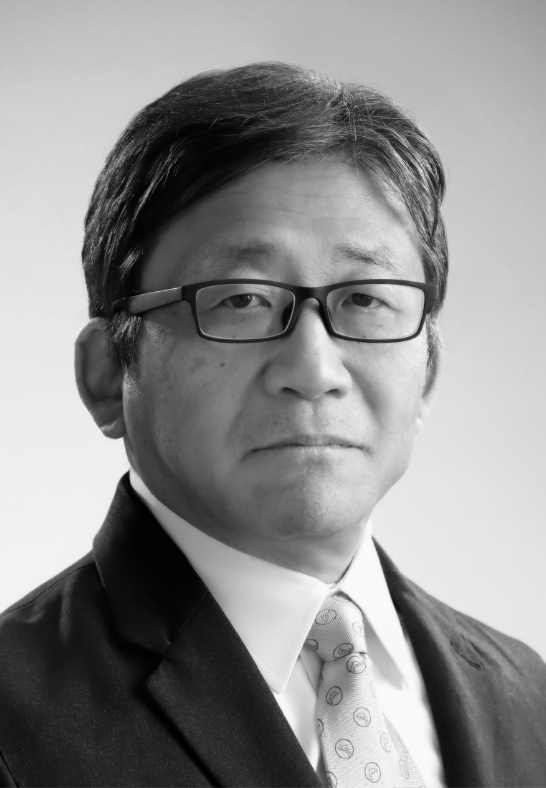
Tetsuo Kitani leads Kyoto University’s education and research in technology commercialization, entrepreneurship management and innovation ecosystem. He also supports multiple university spin-offs. His work includes articles around innovation strategy and entrepreneurship, including a textbook ‘Case Studies: Starting and Running Your Venture’ (Nikkei Publishing, 2010), and ‘Successful Concept Development’ (Diamond Publishing 2012).
Before joining Kyoto University, Mr. Kitani has intensive working experience in the areas of management consulting and corporate finance at McKinsey & Co., and domestic / international financial institutions. He holds Bachelor of laws, Tokyo University, MA, Political Science, University of Chicago and MBA, the Wharton School, University of Pennsylvania.
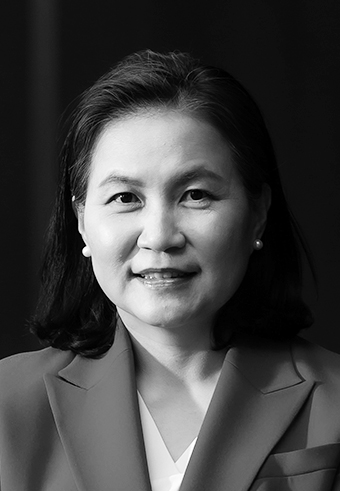
Yoo Myung-hee served as the first female Trade Minister of the Republic of Korea from 2019 to 2021. Prior to that, she held roles as Deputy Minister for Trade Negotiations (2018-2019) and Director General of Trade Policy (2015-2018) at the Ministry of Trade, Industry and Energy, and Spokesperson for Foreign Media in the Office of the President (2014-2015).
She dedicated most of her 30-year public service to trade initiatives, designing Korea’s trade policy and negotiating trade agreements. As Korea’s chief negotiator, she participated in numerous bilateral and multilateral trade negotiations, including the Korea-US FTA amendment negotiations, the Regional Comprehensive Economic Partnership Agreement (RCEP), and the Korea-ASEAN FTA. During her term as trade minister, she led and contributed to international initiatives to ensure supply chain connectivity amid COVID-19 and reform the multilateral trading system.
Currently, she teaches international trade and economic security issues at the Graduate School of International Studies of Seoul National University as a visiting professor. She is also a non-resident senior advisor at the Center for Strategic and International Studies (CSIS).
She received her BA and MPA from Seoul National University and JD from Vanderbilt University Law School.
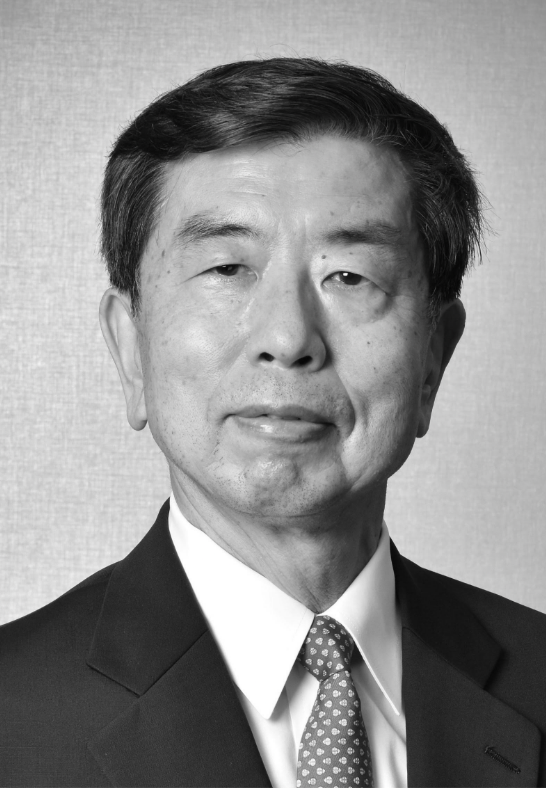
Mr. Takehiko Nakao is currently Adviser, Sumitomo Corporation and Chairman, Center for International Economy and Strategy. He is also an executive board member (external) of the Daiichi Life Insurance, Ltd. Concurrently, he teaches as Visiting Professor at the National Graduate Institute for Policy Studies (GRIPS) and Graduate School of Public Policy, the University of Tokyo. He is a member of the Trilateral Commission, Board of Governors of Asian Institute of Management (Manila), the Japan Corporate Governance Network, and several other international and Japanese non-profit organizations.
Before assuming the current job on August 1, 2024, he was Chairman of the Institute at Mizuho Research & Technologies, Ltd. From April 2013 to January 2020, Mr. Nakao served as President of the Asian Development Bank (ADB), which is based in Manila with membership of 68 countries including 46 regional developing countries. Mr. Nakao was the Vice Minister of Finance for International Affairs between 2011 and 2013, and in charge of foreign exchange markets, G20 and G7 processes, ASEAN+3 financial cooperation, and bilateral financial relations with the US, Asian, and others.
Mr. Nakao has gained extensive experience in international finance, budget, tax policy, and financial market since he joined the Ministry of Finance in 1978. He was assigned as Minister at the Embassy of Japan in Washington D.C. between 2005 and 2007, and worked as advisor at IMF's Policy Development and Review Department between 1994 and 1997. He has published books and numerous papers on financial and economic issues both in Japanese and English. His memoir “The Rise of Asia: Perspectives and Beyond” covering his ADB days as well as those of Vice Minister was published by ADB in July 2022 (available on ADB HP). He also took an initiative and was a lead editor for “Asia’s Journey to Prosperity: Policy, Market, and Technology over 50 Years”, published by ADB in January 2020 (available on ADB HP). Mr. Nakao holds a BA degree in Economics from the University of Tokyo (1978) and a Master of Business Administration from the University of California-Berkeley (1982).
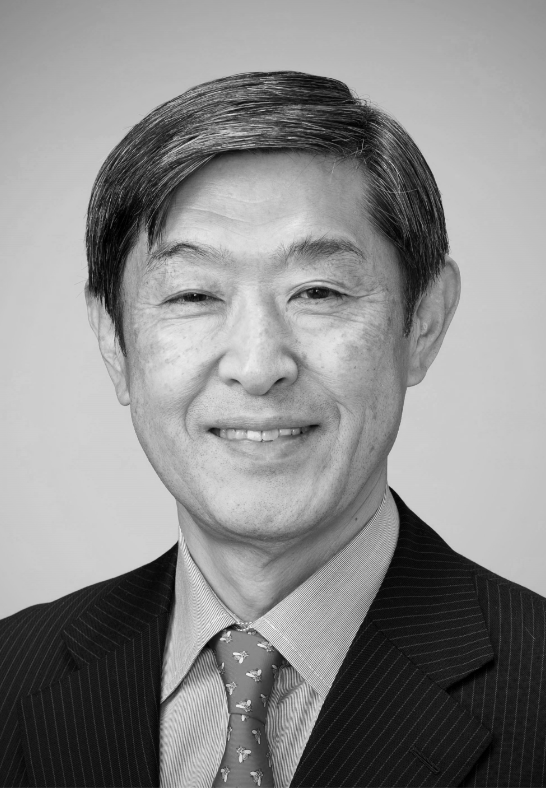
Dr. Shinichi Kitaoka is President of the Japan International Cooperation Agency (JICA), and Emeritus Professor of University of Tokyo and Rikkyo University. He studied at the University of Tokyo (Ph.D. 1976); taught at Rikkyo University (1976-97) and his alma mater (1997-2004, 2006-2012); and served as Ambassador to the United Nations (2004-2006). Most recently, he was President of the International University of Japan (IUJ) (2012-2015).
Kitaoka has been on the advisory panels for many foreign ministers and prime ministers. He had been the Acting Chair of the Advisory Panel on the History of the 20th Century and on Japan’s Role and the World Order in the 21st Century (February 2012-August 2015), the Advisory Panel on the Reconstruction of the Legal Basis for National Security (February 2013-), the Chair of the Advisory Panel on Long-Term Strategy under the Paris Agreement as Growth Strategy (August 2018-April 2019), the Acting Chair of The Advisory Panel on National Security and Defense Capabilities (August 2018).
Kitaoka has published many books on Japan's military, diplomacy, party politics, and intellectuals, and four of them have been published and available in English; Self-Respect and Independence of Mind: The Challenge of Fukuzawa Yukichi (Japan Publishing Industry Foundation for Culture (JPIC), 2017), The Political History of Modern Japan: Foreign Relations and Domestic Politics (Routledge, 2018), From Party Politics to Militarism in Japan, 1924–1941(Lynne Rienner Publishers in association with JPIC, 2021) and GOTŌ SHINPEI, Statesman of Vision: Research, Public Health, and Development (JPIC, 2021). He received many honors and awards including the Imperial Medal with Purple Ribbon for his academic achievements in 2011.
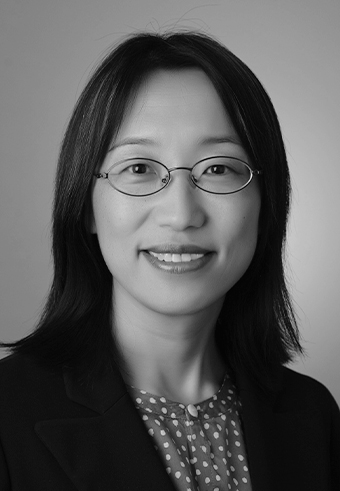
Nanyang Technological University
Jun Yang is the Dean of Nanyang Business School (NBS) at Nanyang Technological University (NTU), where she also serves as the President’s Chair in Finance.
A renowned financial strategist, she holds two PhDs – one in finance from Washington University in Saint Louis, and another in systems engineering and engineering management from the Chinese University of Hong Kong. Her research on corporate governance, executive compensation, and financial technology is highly regarded and widely cited, with her work featured in prominent media outlets.
Prior to joining NBS, she served as the Conrad Prebys Professor of Finance, Chair of the Department of Finance, and Director of the Institute for Corporate Governance at the Kelley School of Business, Indiana University. She has also held significant editorial and leadership roles in various academic and professional finance associations.
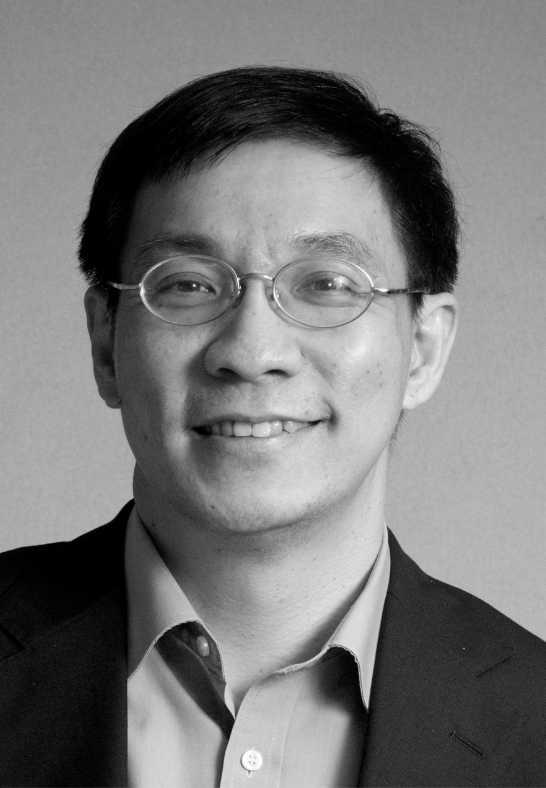
Somkiat Tangkitvanich is the President of Thailand Development Research Institute in Bangkok. Areas of his expertise include Media and Telecommunication Policy, Economic Analysis of Laws, International Trade and Investment Policy and Research and Development Policy.
Before joining TDRI as a Research Fellow in 1996, he has research experiences in the area of information technology at Nomura Research Institute, Japan. At TDRI, he worked as Research Director (information Economy), Science and Technology Development Program, from 2000 to 2012. He has been at the current position since 2012.
He holds a B.E. (summa cum laude with Gold Medal) of Computer Engineering, Chulalongkorn University (1988), Thailand, M.S., Computer Science (1991) and Ph.D., Computer Science (1994), Tokyo Institute of Technology, Japan, with the Scholarship from Ministry of Education (Monbusho), Japan.
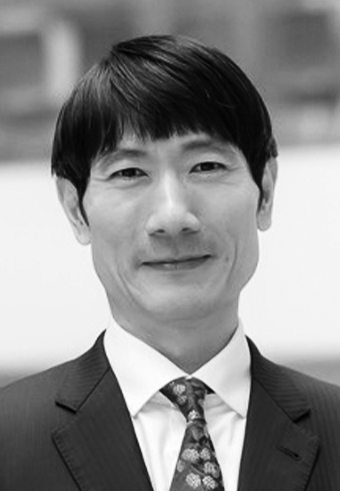
Dr. Nobuo Haruna is the President of Tokyo University of Foreign Studies (2025-). His research fields are International Politics, and Japanese Political and Diplomatic History. He graduated with a Bachelor of Engineering from the Department of Urban Engineering, Faculty of Engineering, University of Tokyo in 1997. He completed a master’s degree in International Social Sciences at the Graduate School of Arts and Sciences, University of Tokyo in 2000. In 2014, he was awarded a Ph.D. in International Social Sciences at the Graduate School of Arts and Sciences, University of Tokyo, after withdrawing from the program in 2008.
He joined Tokyo University of Foreign Studies in 2015 as a lecturer in the Institute of Japan Studies. He became an associate professor in 2018 and was promoted to professor in 2024. He has held key leadership roles including Assistant Dean of the School of Japan Studies and Vice President for International Affairs, before assuming the presidency in 2025.
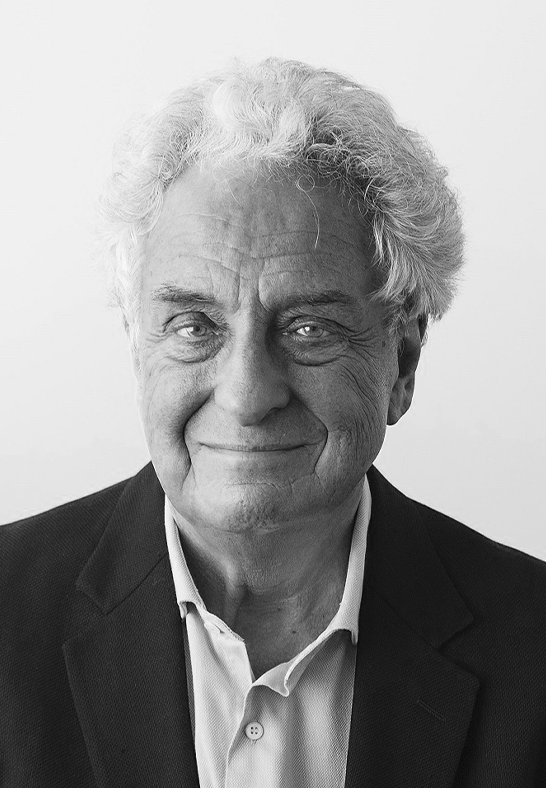
John Piggott is Director of the Australian Research Council Centre of Excellence in Population Ageing Research (CEPAR) at the University of New South Wales, where he is Scientia Professor of Economics. As a specialist in retirement and pension economics and finance, and in public finance more generally, his research has appeared in the leading international economics and actuarial academic journals. He is currently Associate Editor of the Journal of the Economics of Ageing.
He worked with the Japanese government for nearly a decade from 1999 on pension and population ageing issues. He has undertaken consultancies and contract research for a range of foreign governments and international organizations, including Russia, Indonesia, the World Bank, the Asian Development Bank, and UNESCAP. He was Visiting Scholar at the Wharton School of Business (2008-2010), and in 2018, was awarded a Rockefeller Residency to undertake research into ageing and inequality in Asia.
In 2019, he was appointed co-chair of the Think20 (T20) Task Force on Aging Population during Japan’s G20 Presidency, and was a Commissioner on the US National Academy of Medicine’s International Commission on Healthy Longevity (2019-2022). Professor Piggott is appointed an Officer of the Order of Australia (AO) in 2020 for his distinguished service to education, to population ageing research and to public finance policy development.
6th Winner
2026
Who's Next?
Nominations are welcome from anyone who knows about worthy candidates. You may nominate candidate via our nomination form. Self-nominations are not accepted.
